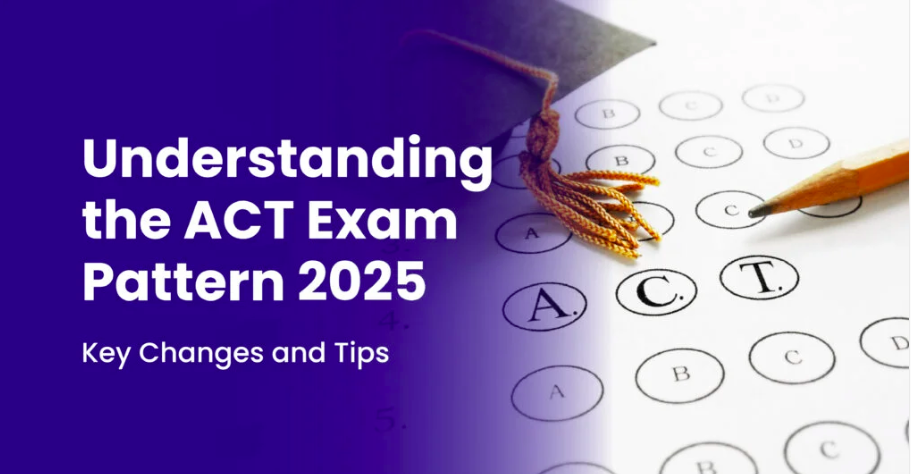Major Changes Coming to the ACT Test in 2025: Complete Guide
Introduction
The ACT has announced significant changes to their standardized testing format, set to take effect in Spring 2025. These modifications include digital testing options, shortened test length, and making the Science section optional. Here’s everything you need to know about the new ACT format.
Three Major Changes to the ACT Test
1. Digital Testing Option
Students taking the ACT in 2025 will have two format choices:
- Digital testing platform
- Traditional pencil-and-paper format
Unlike the SAT’s mandatory digital transition, the ACT will maintain both options. While the ACT has offered digital testing for international and school-day testing since 2017, this marks its first availability for National test dates.
2. Shorter Test Format with Extended Time
The new ACT format introduces significant changes to test length and timing:
- Total questions reduced from 215 to 171
- More time allocated per question across all sections
- Improved test-taking experience with reduced time pressure
- Maintains competitive scoring curve despite timing adjustments
3. Optional Science Section
The Science section joins Writing as an optional component of the ACT. Students can now choose from four test configurations:
- Core ACT (English, Math, Reading only)
- ACT with Science
- ACT with Writing
- ACT with both Science and Writing
New ACT Test Structure
| Section | Questions | Time Allowed |
| English | 50 | 35 minutes |
| Math | 45 | 50 minutes |
| Reading | 36 | 40 minutes |
| Science (optional) | 40 | 40 minutes |
| Writing (optional) | 1 | 40 minutes |
Total Time:
- Core Sections (EMR): 125 minutes
- With Science: 165 minutes
- Complete Test (with Writing): 205 minutes
Section-Specific Content Changes
English Section Updates
- Addition of question stems
- Shortened passages
- New argumentative essay component
Reading Section Modifications
- Reduced passage lengths
- Increased focus on Integration of Knowledge and Ideas (IKI)
Math Section Changes
- Reduced answer choices (A-D)
- Fewer Integrating Essential Skills questions
- Decreased advanced topic coverage
- Reduced contextual problem-solving
Science Section Revisions
- New engineering and design topics
- Increased emphasis on scientific background knowledge
What Remains Unchanged
The ACT will maintain several core features:
- 1-36 scoring scale
- Traditional scoring methodology
- Linear assessment format (non-adaptive)
- Multiple-choice question structure
- Standard writing section format
Recommendations for Students
Based on current information, we recommend:
- Taking the ACT with Science section until colleges announce their requirements
- Skipping the Writing section unless specifically required
- Maintaining preparation focus on core subject knowledge
- Familiarizing with digital format if choosing that option
Looking Forward
As these changes roll out in April 2025, students should:
- Monitor college requirements for Science section preferences
- Practice with updated format materials
- Consider personal testing strengths when choosing between digital and paper formats
- Stay informed about any additional announcements from ACT










